ARBU3 LESSON 3 REVIEWER
1/23
There's no tags or description
Looks like no tags are added yet.
Name | Mastery | Learn | Test | Matching | Spaced | Call with Kai |
|---|
No analytics yet
Send a link to your students to track their progress
24 Terms
The hearing mechanism of a man is divided in 3 parts:
EXTERNAL EAR
MIDDLE EAR
INNER EAR
An important characteristic of sound source is its ______________
DIRECTIONALITY
It is the way in which it distributes sound in a region free from reflecting surfaces.
DIRECTIONALITY
For good listening conditions, this characteristics must receive special consideration in the placement of loudspeakers in all sound-amplification systems.
DIRECTIONALITY
For many sources, the sound pressure level at a given distance from its center is not the same in all directions and the changes in level with direction of a source are called its ___________
DIRECTIVITY
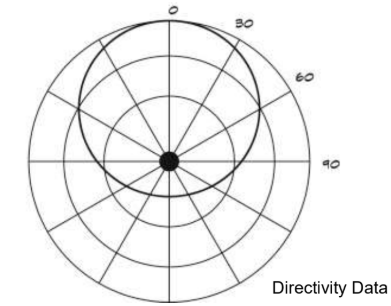
When these contours are plotted in two planes, they are called ___________________
HORIZONTAL AND VERTICAL POLAR PATTERNS
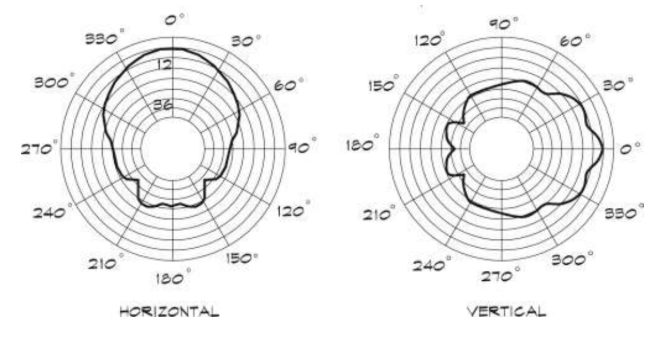
The acoustical radiation pattern becomes more “beam-like” as the ratio of the wavelength to the diameter of the loudspeaker diminishes; the higher the frequency the _________ the beam.
SHARPER
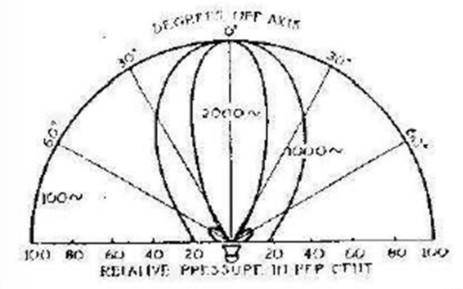
The low-pitched vowels of speech spread out quite uniformly in all directions around the head of the speaker, but the high-pitched sounds are confined to a narrow beam in front of the mouth of the speaker.
DIRECTIONALITY OF SOUND
________ in air depends on the temperature of the air 322m/s at 0°C (32 °F)
SPEED OF SOUND
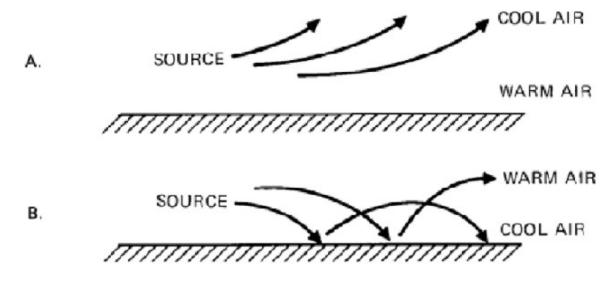
- the _________ the hertz, the higher the pitch.
– 20 Hz would be very deep, low, rumbling sounds.
– 20 000 Hz would be a very high pitched, squealing sort of noise.
HIGHER
the _____________ of a sound wave determines it relative loudness.
- Measured in decibels (dB)
AMPLITUDE
System used to measure the loudness of sounds.
DECIBEL
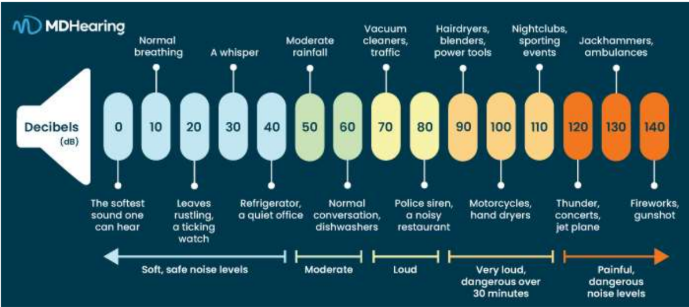
unit used for measuring the loudness sensation in the ear.
PHON
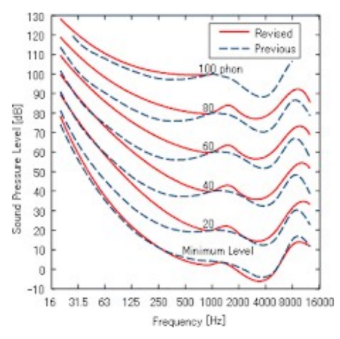
compares the loudness of sounds to a reference sound, which is a 1,000 Hz tone at a specific intensity level
Ex:
- Quiet conversation is about 60 phons
- Noisy conversation is about 70 phons
PHON SCALE
Unwanted sounds can include distractions, sounds that are loud enough to damage hearing and even sound leakage that could affect privacy.
NOISE
Sound waves transmitted from a source to a receiver through the air.
AIRBORNE NOISE
Caused by vibration from within the building caused by footsteps or machines. The vibration is directly transferred through the building’s structures and materials.
STRUCTURE-BORNE NOISE
Enumerate the effects of Noise
- Fatigue
- Irritation
- Loss of efficiency
- Permanent damage
Tests have shown that in general, annoyance (which is subjective and psychological) because of noise is:
- Proportional to the loudness of the noise
- Greater for high-frequency than low-frequency noise
- Greater for intermittent than continuous noise
- Greater for pure-tone than for broadband noise
- Greater for moving of unlocatable (reverberant) noise than for a fixed-location sound
- Much greater for an intelligence-bearing noise (neighbor's radio) than for a no sense noise
- Normal speech averages between _________ sound pressure level at 3 to 4 ft distance
- 30 db for a soft speech
- 65 db for loud speech
- 10 db for a whisper
- 80 db for a shout
40 and 50 db
In English, ________________ carry much more information than vowels. High frequencies that consonants have most of their energy.
CONSONANTS
The male voice centers its energy around 500 Hz; the female about __________
900 Hz
Vocal, instrumental, or mechanical sounds having rhythm, melody, or harmony.
MUSIC
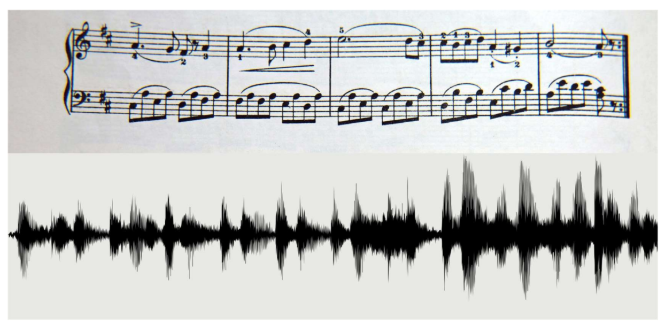
To predict and control the behavior of speech and music in auditoriums, theatres, music rooms, and the like, it is necessary to know the __________________. The physical properties of speech differ considerably from those of music; hence, it is to be expected that the acoustical properties of speech rooms should differ from those of music rooms.
PHYSICAL PROPERTIES OF SPEECH AND MUSIC